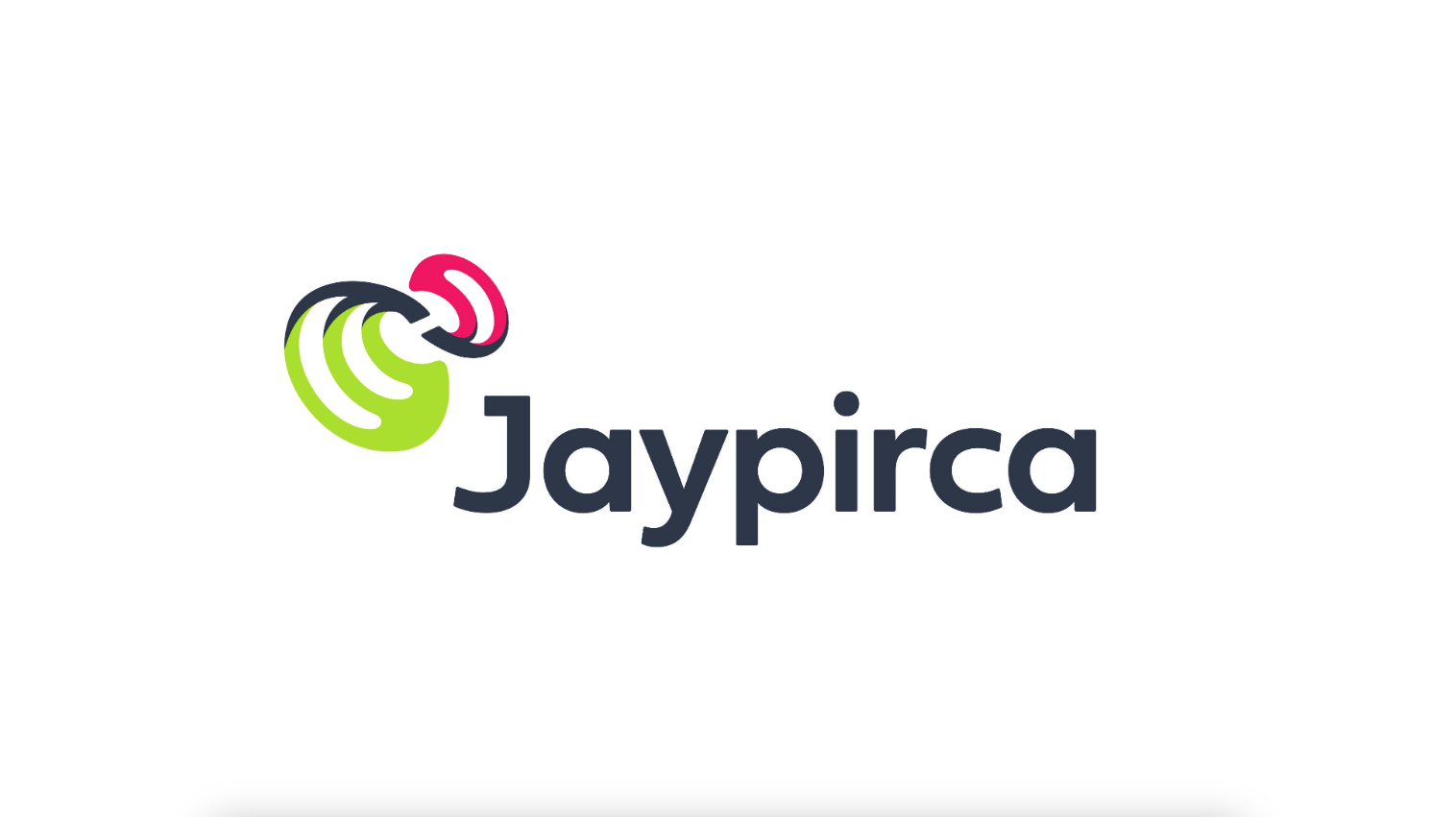Keytruda (pembrolizumab) vs Jaypirca (pirtobrutinib)
Keytruda (pembrolizumab) vs Jaypirca (pirtobrutinib)
Keytruda (pembrolizumab) is an immune checkpoint inhibitor that works by blocking the PD-1 pathway, thereby enhancing the body's immune response against cancer cells; it is commonly used in various types of cancers, including melanoma, lung cancer, and head and neck cancers. Jaypirca (pirtobrutinib), on the other hand, is a Bruton's tyrosine kinase (BTK) inhibitor designed to treat mantle cell lymphoma and other B-cell malignancies, and it targets a different aspect of cancer cell survival by interfering with B-cell receptor signaling. The choice between Keytruda and Jaypirca would be influenced by the specific type of cancer a patient has, the molecular characteristics of their disease, and the overall treatment plan determined by their healthcare provider.
Difference between Keytruda and Jaypirca
| Metric | Keytruda (pembrolizumab) | Jaypirca (pirtobrutinib) |
|---|---|---|
| Generic name | Pembrolizumab | Pirtobrutinib |
| Indications | Various types of cancers including melanoma, lung cancer, head and neck cancer, Hodgkin lymphoma, and others | Treatment of relapsed or refractory mantle cell lymphoma |
| Mechanism of action | Programmed death receptor-1 (PD-1) blocking antibody | Bruton's tyrosine kinase (BTK) inhibitor |
| Brand names | Keytruda | Jaypirca |
| Administrative route | Injection (IV) | Oral |
| Side effects | Fatigue, musculoskeletal pain, decreased appetite, pruritus, diarrhea, nausea, rash, pyrexia, cough, dyspnea, constipation | Thrombocytopenia, neutropenia, anemia, bruising, hemorrhage, musculoskeletal pain, fatigue, fever, rash |
| Contraindications | Individuals with hypersensitivity to pembrolizumab or any of its excipients | Individuals with hypersensitivity to pirtobrutinib or any of its excipients |
| Drug class | Anti-PD-1 monoclonal antibody | BTK inhibitor |
| Manufacturer | Merck & Co. | Loxo Oncology at Lilly |
Efficacy
Keytruda (Pembrolizumab) Efficacy in Treating Lymphoma
Keytruda, generically known as pembrolizumab, is an immune checkpoint inhibitor that has been shown to be effective in the treatment of various types of cancer, including lymphoma. Its mechanism involves blocking the PD-1 pathway, which cancer cells often exploit to avoid being attacked by the body's immune system. In the context of lymphoma, Keytruda has been particularly studied in classical Hodgkin Lymphoma (cHL) after failure of other treatments. Clinical trials have demonstrated that pembrolizumab can induce a significant response in a proportion of these patients, leading to partial or complete remission of the disease. However, the response rates and duration of response can vary, and not all patients with lymphoma may benefit from Keytruda.
Jaypirca (Pirtobrutinib) Efficacy in Treating Lymphoma
Jaypirca, with the active ingredient pirtobrutinib, is a non-covalent Bruton's tyrosine kinase (BTK) inhibitor. It is designed to overcome resistance to other BTK inhibitors and has been evaluated for its efficacy in treating B-cell malignancies, including certain types of lymphoma. While pirtobrutinib is a relatively new therapeutic agent, early clinical trials have shown promising results in patients with relapsed or refractory B-cell lymphomas, including those who have failed previous BTK inhibitor therapies. The efficacy of Jaypirca in these trials is measured by its ability to achieve objective responses and to control disease progression, with some patients achieving partial or complete responses.
Comparative Efficacy in Lymphoma Treatment
When comparing the efficacy of Keytruda and Jaypirca in the treatment of lymphoma, it is important to consider the specific subtype of lymphoma and prior treatments the patient has received. Keytruda has established efficacy in cHL, particularly in a salvage therapy setting. On the other hand, Jaypirca is being explored for its role in treating various B-cell lymphomas, especially in cases where patients have developed resistance to other BTK inhibitors. The choice between these two medications would depend on the individual patient's disease characteristics and treatment history.
Conclusion
Both Keytruda and Jaypirca represent important advancements in the treatment of lymphoma, offering new hope to patients who have limited options due to relapsed or refractory disease. Ongoing research and clinical trials continue to define and expand the role of these drugs in the management of lymphoma. It is critical for healthcare providers to stay informed about the latest data on the efficacy of these treatments to make the best therapeutic decisions for their patients with lymphoma.
Regulatory Agency Approvals
Keytruda
-
European Medical Agency (EMA), European Union

-
Food and Drug Administration (FDA), USA

-
Health Canada

-
Therapeutic Goods Administration (TGA), Australia

-
Medsafe (NZ)

Jaypirca
-
Food and Drug Administration (FDA), USA

Access Keytruda or Jaypirca today
If Keytruda or Jaypirca are not approved or available in your country (e.g. due to supply issues), you can access them via Everyone.org.
How it works

Make an enquiry
Choose the medicine you want to buy, answer a couple of questions, and upload your prescription to speed things up. We’ll get back to you within 24 hours.


Make an enquiry
Choose the medicine you want to buy, answer a couple of questions, and upload your prescription to speed things up. We’ll get back to you within 24 hours.


Breeze through the paperwork
We'll guide you through the required documents for importing unapproved medicine, ensuring you have all the necessary information.


Get a personalized quote
We’ll prepare a quote for you, including medicine costs and any shipping, administrative, or import fees that may apply.


Receive your medicine
Accept the quote and we’ll handle the rest - sourcing and safely delivering your medicine.

Some text on this page has been automatically generated. Speak to your physician before you start a new treatment or medication.
Let's talk
If you have any questions, call us or send us a message through WhatsApp or email:
Contact us




